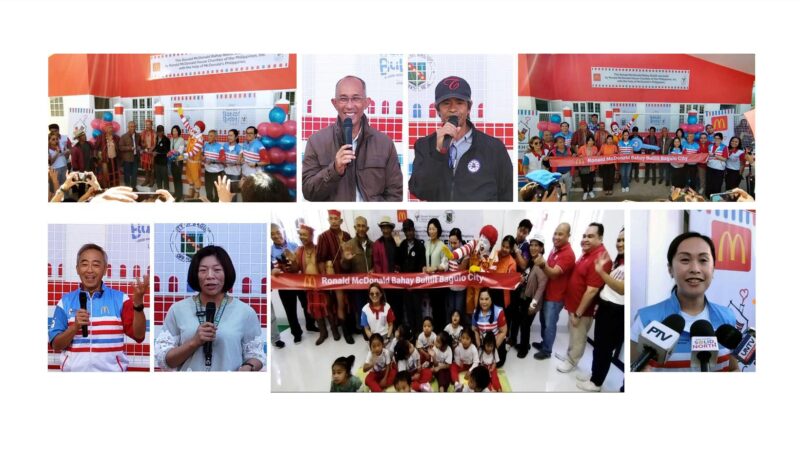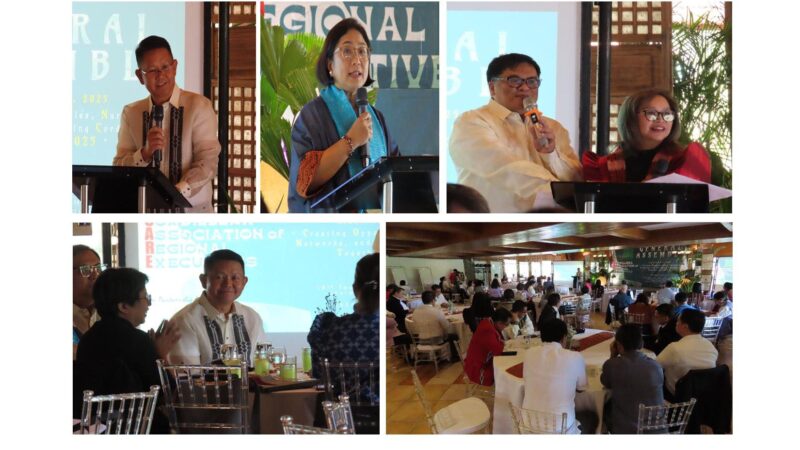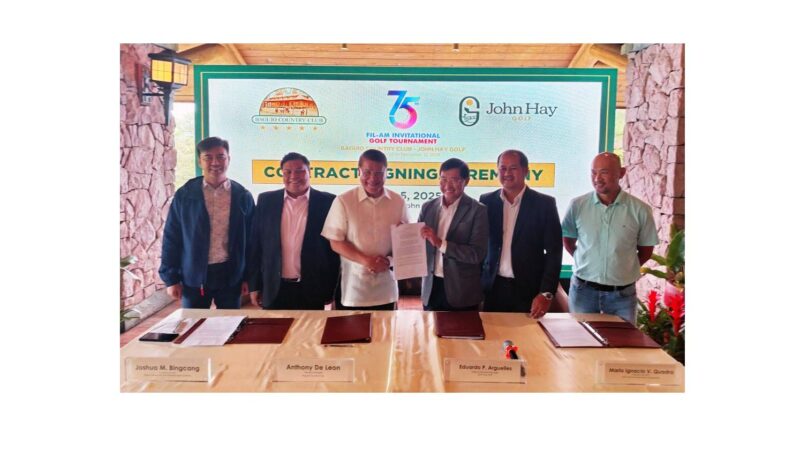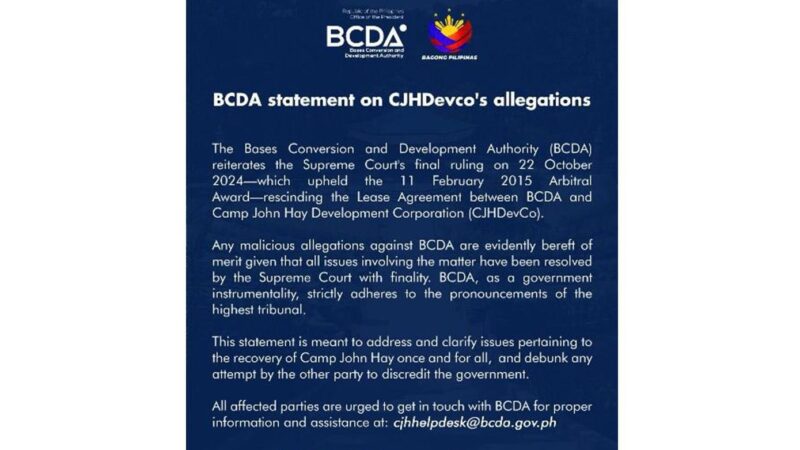Baguio lawyers hit “TOKHANG” edict
BAGUIO CITY – The Integrated Bar of the Philippines (IBP) Baguio-Benguet Chapter raised objections to the resolution passed by the Regional Law Enforcement Coordinating Committee – Cordillera Administrative Region (RLECC-CAR) enjoining law enforcement agencies and Local Government Units to conduct “tokhang” to “left-leaning personalities”.
Atty. Rio Belmes, IBP Baguio-Benguet Chapter President, said the “tokhang” edict would trample on certain human rights such as the right to due process, right to equal protection of the law, right to be free from unwarranted searches, warrantless arrests, and arrests without cause, right against self-incrimination, and right to counsel.
Belmes feared that human rights violations would arise from this operation due to the vagueness of the said resolution and its lack of operational guidelines.
“The lack of operational guidelines gives us scant information, and this vagueness affords authorities a wide latitude, if not discretion, that will render our human rights vulnerable,” he explained.
Other lawyers present in the forum were Atty. Lauro Gacayan, Atty. Carlo Teodoro, and Atty. Jose Molintas who strongly expressed disagreement against the said resolution.
Media practitioners and faith group leaders likewise conveyed to the city council their alarm over the possible abridgement of human rights caused by the tokhang operation.
Having recanted his support to the RLECC-CAR resolution earlier, Regional Director Romel Daguimol, Commission on Human Rights-CAR Regional Director, also attended the forum to reiterate the commission’s stand that activism is not a crime and that the people should be free to express legitimate political dissent and grievances.
A practicing lawyer himself, Councilor Fred Bagbagen sought clarifications on the identification of a left-leaning personality.
PCOL Maly Cula of the Police Regional Office Cordillera (PROCOR) explained a left-leaning individual is one who supports the marxist ideology and assists insurgents, adding that there are certain parameters employed by the PROCOR in further identifying left-leaning individuals in the region.
“There are times in the life of insurgents where they go down to the city center and act as members of a communist front or simply as left-leaning and supporters. I believe the only difference between insurgents and their supporters is that the supporters do not carry firearms,” Cula stated.
Bagbagen said that leaning toward a certain ideology is not a crime in itself unless it is carried out through an overt act violative of existing laws.
“Does it follow that when you are left-leaning, you support insurgency? If it stays in the realm of ideology, would you take that against the person? One may espouse some left-leaning ideas but does not necessarily support the overthrow of this government.” Bagbagen asserted.
Reiterating the content of RLECC-CAR Resolution No. 04, Series of 2021, Cula clarified that the operation would be “bloodless” in contrast to the alleged extrajudicial killings associated with the country’s War on Drugs.
Similar to the “knock and plead” component of Oplan Tokhang (War on Drugs), the strategy to be employed in the operation stipulated in the RLECC-CAR resolution is to visit or knock on residences and dissuade identified left-leaning individuals to stop supporting insurgents or being active members of rebel groups.
Further, the resolution stated that law enforcers, the Church, non-government organizations, and barangay officials are asked to team up for the implementation of the bloodless knock and plead operation in order to regain public trust and allay the public’s fear brought about by the War on Drugs.
𝘼𝙣𝙤𝙩𝙝𝙚𝙧 𝙍𝙇𝙀𝘾𝘾-𝘾𝘼𝙍 𝙧𝙚𝙨𝙤𝙡𝙪𝙩𝙞𝙤𝙣 𝙨𝙡𝙖𝙢𝙢𝙚𝙙
Atty. Gacayan and Atty. Teodoro, both law professors, argued against the passage of RLECC-CAR Resolution Numbered 02, Series of 2021 appealing to the local government units to pass an ordinance or resolution requiring protesters to secure a clearance from the mayor with the concurrence of the Philippine National Police (PNP) or the Armed Forces of the Philippines (AFP) before the conduct of the activity.
The lawyers said granting the RLECC-CAR’s appeal is unconstitutional as it is in contravention with certain provisions of Batas Pambansa 880 or the Public Assembly Act.
Under Section 6 of the Public Assembly Act, only the local chief executive is identified and authorized to grant or deny a clearance for a public assembly.
Gacayan pointed out that a local legislative body cannot authorize the PNP or the AFP to decide whether or not a mass gathering should be allowed because the grant of such authority to the law enforcers is an indirect amendment to a law enacted by the congress.
He further noted that, under the Act, the only ground for disapproving a clearance is the possible danger to public order, public safety, public convenience, public morals, or public health. The denial or approval of a rally permit should not be dependent on who the applicants are, he asserted.
“The PNP and the AFP want to dip their fingers only on applicants involving the media and left-leaning organizations. Again, that is not allowed. Their only participation, under BP 880, is to see to it that there will be no disturbance during the rally. They have no right to decide whether the rally will proceed or not,” Gacayan argued.
𝘾𝙞𝙩𝙮 𝙘𝙤𝙪𝙣𝙘𝙞𝙡 𝙘𝙖𝙡𝙡𝙨 𝙛𝙤𝙧 𝙨𝙪𝙨𝙥𝙚𝙣𝙨𝙞𝙤𝙣 𝙤𝙛 𝙍𝙇𝙀𝘾𝘾-𝘾𝘼𝙍 𝙧𝙚𝙨𝙤𝙡𝙪𝙩𝙞𝙤𝙣𝙨
Although they expressed that the passage of the two RLECC-CAR resolutions is objectionable, the city legislators requested for a dialogue between the city government and the regional executives including some government agencies to further discuss the issue before the city government acts on the two resolutions.
The city council requested the RLECC-CAR to call for the suspension of the two resolutions until the city government and the signatories have reached an understanding regarding the matter. -Jordan G. Habbiling







